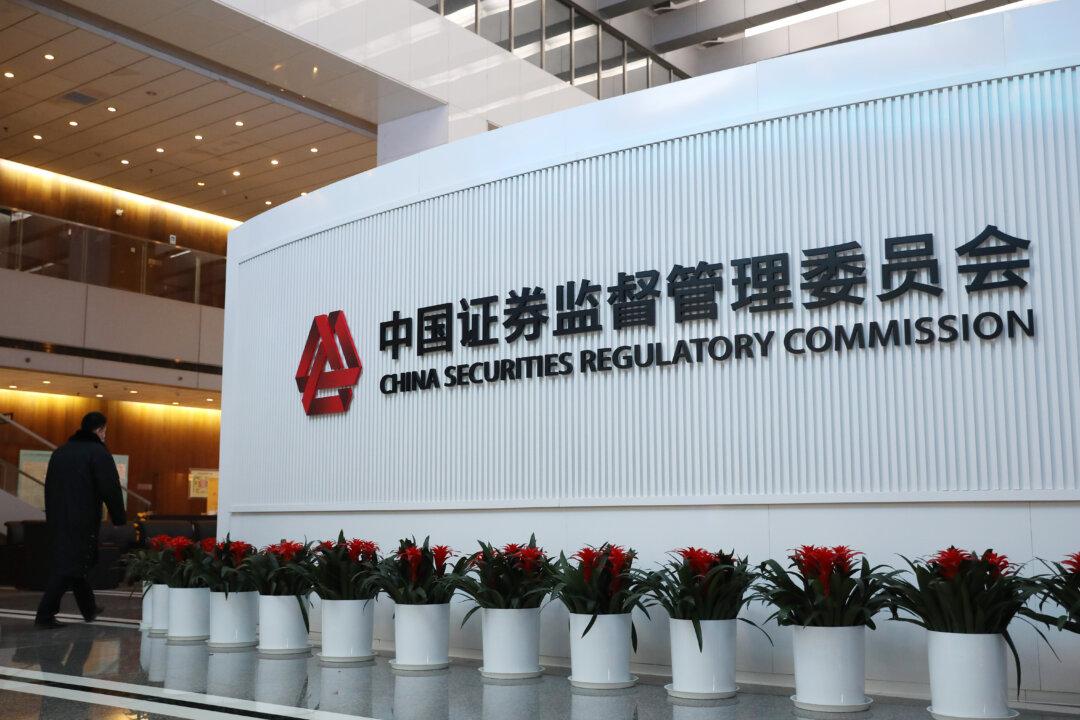Commentary
Five Chinese companies listed on U.S. stock exchanges said on Aug. 15 that they would voluntarily delist. The companies included Sinopec, China Life Insurance, Aluminium Corporation of China, PetroChina, as well as Sinopec entity Sinopec Shanghai Petrochemical Co. All of these companies were targeted by U.S. regulators for possible delisting as a result of their refusal to comply with U.S. audit requirements.





